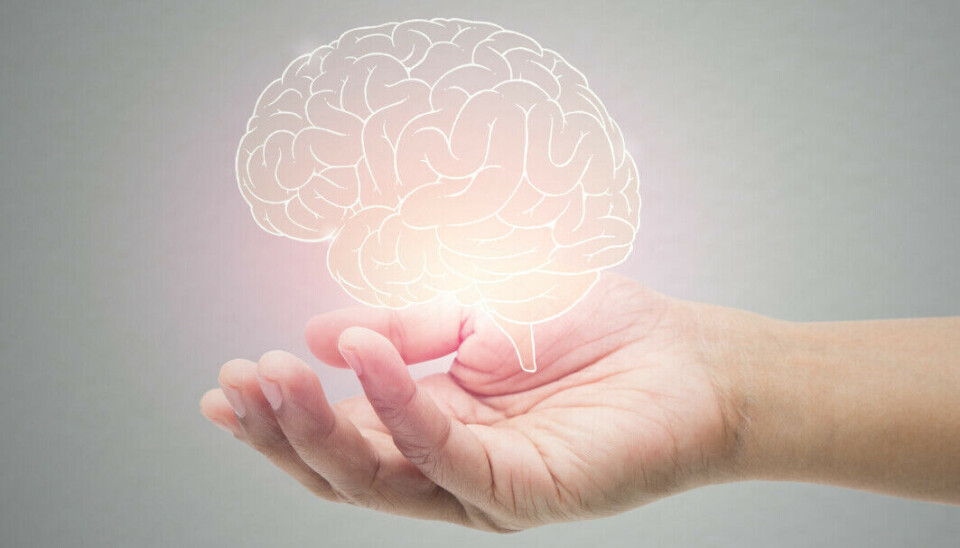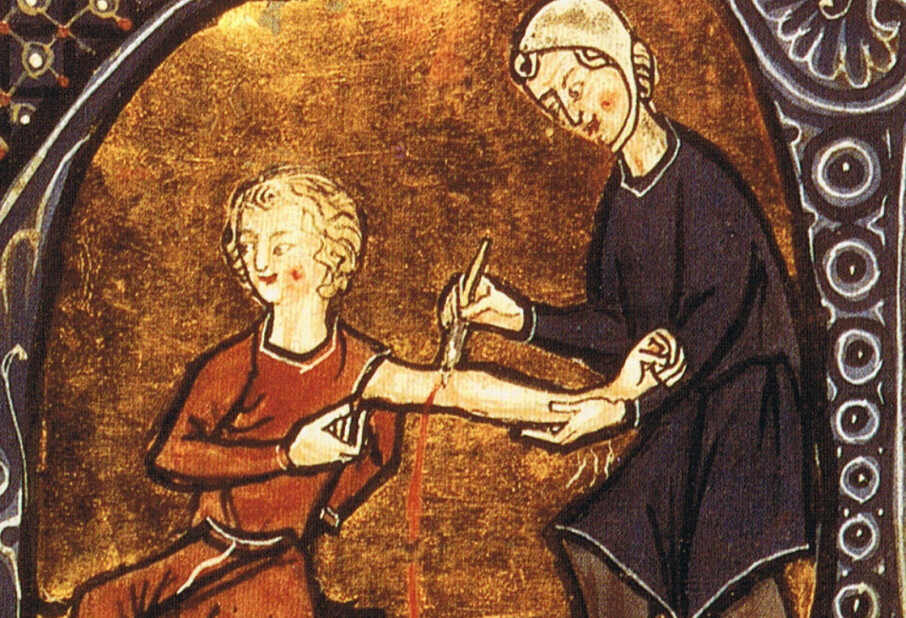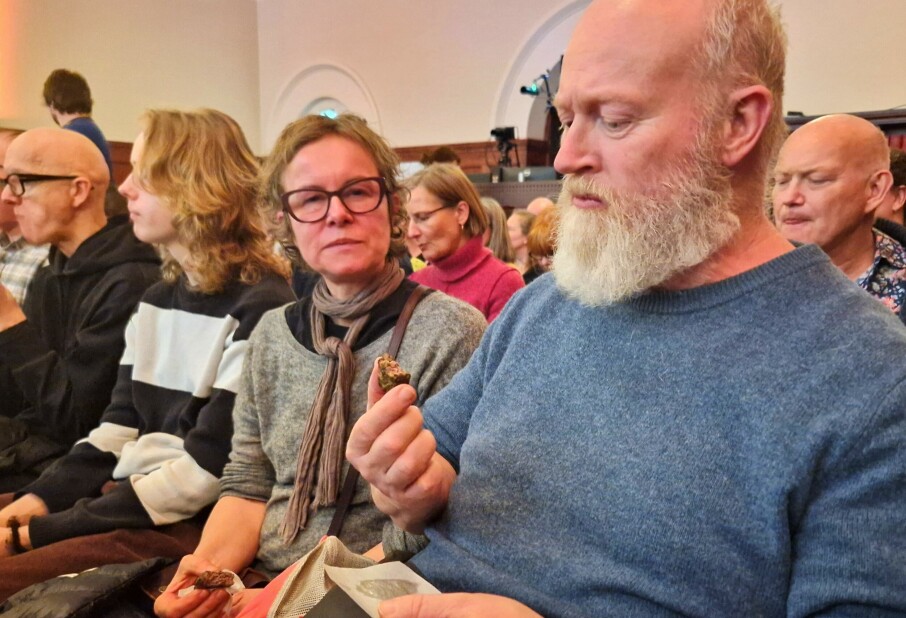
What are you willing to do to make your brain healthier?
If you think sleep is the key to keeping your brain healthy, a new study may surprise you.
In a new study, researchers from the international Lifebrain project took a closer look at how motivated we are to take care of our brains.
Exercise, eating healthy food and avoiding alcohol are all examples of things your brain will thank you for.
But what does it really take for us to take brain health seriously?
Ready to act if our memory deteriorates
Lifebrain is a research project with researchers from 8 countries, including Norway. They're trying to find out what environmental, social, occupational, and lifestyle factors that affect the brain and understand how they work.
7 out of 10 of those who responded to the Lifebrain survey said that they would be motivated to change their lifestyle if they noticed problems with their brain health, such as memory deterioration.
If they didn't notice anything wrong however, the situation was different.
Only a third of those who responded were motivated to make lifestyle changes if they were confronted with a brain disease diagnosis, the survey showed.
“A possible interpretation is that people think: ‘Once I have a disease, there's not much I can do about it’, but that is not necessarily the case. It can be late, but not too late,” head researcher Isabelle Budin-Ljøsne of the Norwegian Institute of Public Health tells sciencenorway.no.
She points out that it is important to take care of the brain throughout your entire lifespan. Your lifestyle can have an impact on the brain.
- RELATED: Your brain may be the organ strengthened the most by physical exercise, says neuroscientist

Your brain needs energy and nourishment
According to Lifebrain, good brain health involves mental well-being, normal brain function, and the absence of brain disease.
“What is good for the heart is good for the brain,” says Budin-Ljøsne.
The brain is an organ, just like the heart. But Budin-Ljøsne thinks many people find it hard to think of the brain as an organ, because we use it to think. It can feel abstract to look at the brain as something that needs energy and nourishment.
To maintain the brain, Budin-Ljøsne suggests being curious and learning new things - such as a new language.
Healthy body, healthy brain
“In general, you can say that a healthy brain lives in a healthy body. Risk factors for cardiovascular disease such as high blood pressure are also associated with an increased risk of stroke and dementia,” Asta Kristine Håberg tells sciencenorway.no.
Håberg is a professor and doctor at NTNU and has, among other things, examined over 2, 000 brains using MRI and seen how different they are.
“As of today, there is no medication or other treatment that can stop or reverse damage to brain tissue. This means that prevention is the most important thing we can do for brain health,” says Håberg.
Although brain disease can be affected by hereditary conditions, Håberg has several good pieces of advice for taking the best possible care of the brain.
Unwilling to give up alcohol?
The participants of the study were also asked how likely it was that they would make lifestyle changes to reduce the risk of brain disease.
More than three out of four respondents were willing to exercise more, relax more, eat healthier, and participate in more brain-stimulating activities.
“Our respondents were probably more interested in brain health than the average population. The question remains: to what extent we can trust this result?” asks Budin-Ljøsne.
Prior to the survey, interviews were conducted with a group of research participants. It emerged that they were willing to do a lot, but motivation would be a crucial factor for implementing changes.
The extent to which people actually change their behaviour is difficult to say.
The study showed that those who participated in the research were less motivated to avoid drinking alcohol to reduce the risk of brain disease.
“It may be that the question seemed a little too strict. We can therefore not make the claim that people are not willing to reduce their alcohol intake,” Budin-Ljøsne emphasises.
How important is sleep?
Participants were also asked how they are currently taking care of their brain health.
About half reported that they get enough sleep, eat healthily, and exercise to take care of the brain.
Something that surprised the researcher was how concerned with sleep people were.
“We see that sleep has received a lot of attention lately. In Lifebrain, a new study has looked at sleep. The study shows that it takes a lot for lack of sleep to become a problem,” Budin-Ljøsne says, and adds that people may not have to be so worried about sleep.

The authorities have a responsibility
“It is important to find out what people think and believe they could be willing to change. It can give the authorities a clue as to what can be expected from the response to public recommendations,” says Håberg from NTNU.
She also points out that since the study is not representative, it may give a more positive impression of what people are interested in doing for brain health.
Nevertheless, Budin-Ljøsne believes that it is clear from the research that there is a need for more information about brain health.
“The authorities have a job to do,” she says, and points out that Norway has a brain health strategy (link in Norwegian) from 2017 which she believes is important to follow up.
———
Translated by Alette Gjellesvik.
Read the Norwegian version of this article on forskning.no
References:
Nanna Fredheim et al.: What motivates people to look after their brain health? Lifebrain, 2022, DOI: 978-82-8406-267-9
Anders M. Fjell et al.: Self-reported sleep relates to hippocampal atrophy across the adult lifespan: results from the Lifebrain consortium. Sleep Research Society, 2020, DOI: 10.1093/sleep/zsz280.
Daniel Sokolowski, et al.: 5 Years of Exercise Intervention Did Not Benefit Cognition Compared to the Physical Activity Guidelines in Older Adults, but Higher Cardiorespiratory Fitness Did. A Generation 100 Substudy. Frontiers in Aging Neuroscience, 2021, DOI: 10.3389/fnagi.2021.742587

































